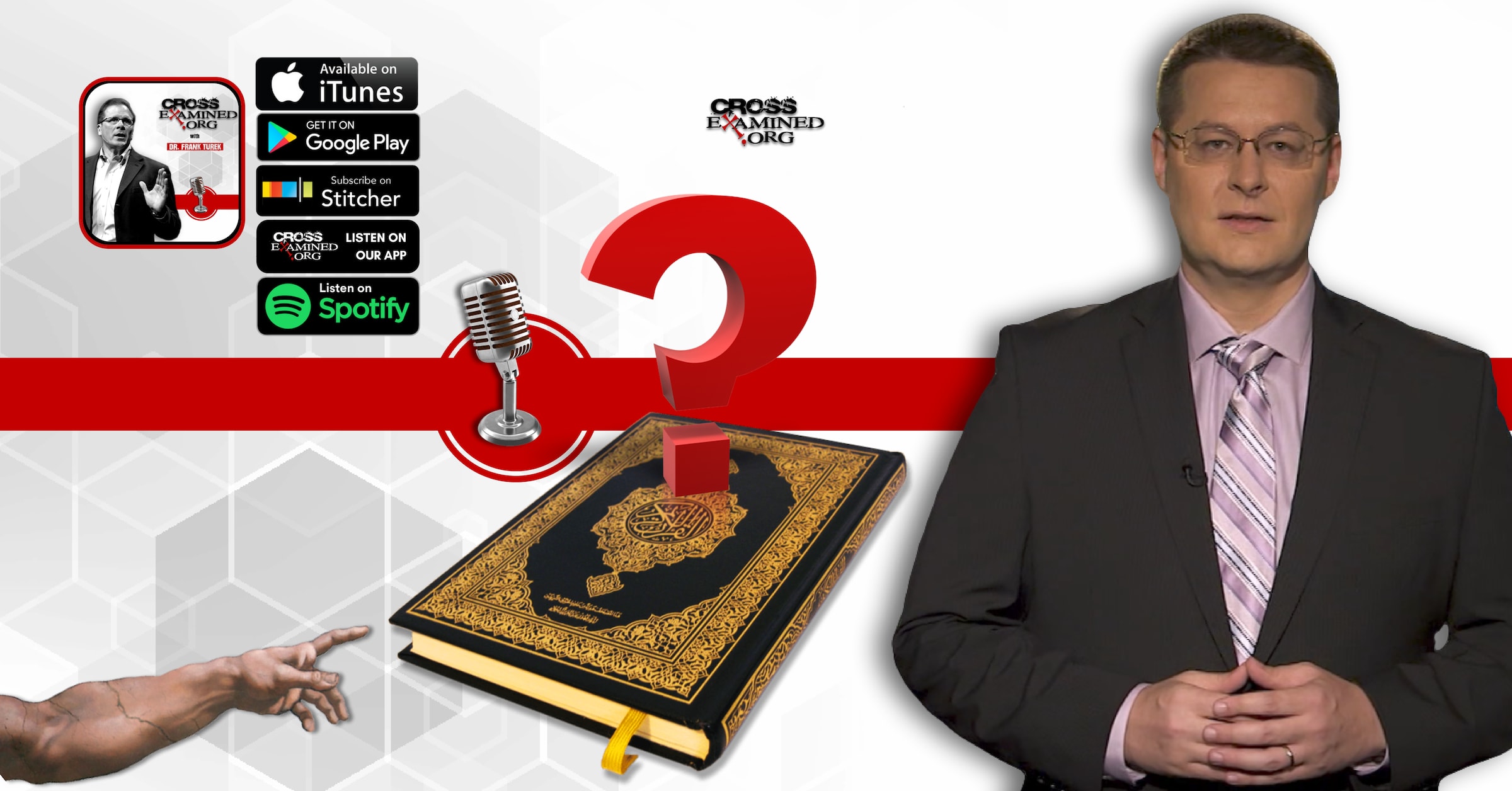A key argument in Alex O’Connor’s debate with David Wood is the distinction Alex draws (in his first rebuttal) between “proskuneo” (Gk: προσκυνέω) worship and “latreuo” (Gk: λατρεύω) worship.
Both proskuneo worship and latreuo worship are biblical terms used to describe worship or service to God, but they carry different shades of meaning. Proskuneo means to physically bow down, or prostrate oneself in order to show reverence. Latreuo means to serve or honour in a religious or sacrificial sense. In Romans 12:1 for example, Paul tells us to offer our bodies as a living sacrifice as latreuo to God).
The crux of Alex’s argument is that, on these two senses of worship, Jesus never receives latreuo worship in the way that only God does, and there is nothing special about the fact that the worship Jesus does receive is proskuneo; because other mortals also received proskuneo in the Greek Old Testament, or example, Esau from Jacob in Genesis 33, and Joseph from his brothers in Genesis 42.[1]
In his second rebuttal, Alex explains that this distinction argument is supported by James D.G Dunn, who writes:
It is noticeable that in each case the object of the verb [latreuo], the one who is (to be) served/worshipped, is God. Apart from one or two references to false worship (Acts 7:42; Rom 1:25), the reference is always to the cultic service/worship of God (Luke 1:74, 2:37; Acts 7:7, 42; 24:14; 26:7; 27:23; Rom. 1:9; Phil. 3:3; 2 Tim. 1:3; Heb. 8:5; 9:9; 9:14; 10:2 and 12:28, 13:10; Rev. 7:15; and 22:3). In no case in the New Testament is there talk of offering cultic worship [latreuo/λατρεύω] to Jesus.[2]
And so, Alex’s argument is that Jesus only receives the proskuneo kind of “worship” and not latreuo kind. This is a problem because proskuneo worship doesn’t determine whether Jesus thought of himself as God or whether he claimed to be God.
Two disclaimers
What Alex doesn’t mention in the debate is what Dunn writes in the same section: “more typically in the New Testament, [proskuneo] is used of the worship (prostration) due to God, and to God alone.”[3]
So at least according to Dunn, proskuneo as directed towards Jesus in the New Testament carries weight in determining whether Jesus thought of himself as God or whether he claimed to be God.
Further, it might be helpful to note that Dunn lists other Greek words for worship or reverence in the New Testament, which might be applied to either God alone, or to God as well as Jesus of Nazareth.[4] Proskuneo and Latreuo are not the only ones.
Two points in response to Alex
There are two points of response which show that Alex’s argument about the distinction between proskuneo and latreuo is underwhelming.
- It shouldn’t surprise us that Jesus of Nazareth received proskuneo (and not latreuo), because he was in physical form. Latreuo worship is sacrificially offered to the non-physical God, but Jesus of Nazareth was physically God-incarnate (as David argued in this debate!). With Jesus standing right before them, of course the disciples offered proskuneo When I finally see the God-man face-to-face one day, I already know that I’m going to fall before him in proskuneo worship.
- You’ve got to read in context. As Dunn states, proskuneo worship in the New Testament is typically “due to God, and to God alone.”[5] In fact, in Rev. 22:8, an angel rejects proskuneo worship from John and tells him to offer it to God. A simple, face-value reading of the New Testament, and even of the gospels alone, reveals that the authors thought that Jesus was God. Proskuneo worship of Jesus doesn’t detract from this, rather, it adds to it. Once again, as Dunn says, proskuneo is typically given to God alone in the New Testament (see Rev. 22:9; also see in the gospels in John 4:23-24 and Matt. 4:10/Luke 4:8). So, as Jesus of Nazareth receives proskuneo worship, the reader is drawn to see his ontology as more-than-human.
Review Alex O’Connor’s Argument
In summary, Alex’s leveraging of James Dunn’s argument has three faults. First, Alex cherry-picks from Dunn for his own purposes, and doesn’t expound on what Dunn says about proskuneo.
Second, it is of absolutely no surprise that the physical God-man receives proskuneo, because falling on your knees before Jesus is an appropriate act of worship.
Thirdly, the New Testament has a particular reverence for the word proskuneo, even if the Old Testament applies it more loosely. And so Jesus receiving the proskuneo of worship does not detract from his ontological divine nature, but rather points to it.
Let’s continue to pray that Alex would see Jesus for who he reality is. Pray that Alex would put Jesus in his rightful place.
References:
[1] [Editor’s note: The Greek Old Testament is known as the Septuagint or LXX for short.]
[2] James D.G. Dunn, Did the First Christians Worship Jesus? The New Testament Evidence (Louisville, Kentucky: Westminster John Knox Press, 2010), 13.
[3] Ibid., 10.
[4] These additional words are Sebomai/σέβομαι and Epikaleo/ἐπικαλέω. See Dunn, 15-17.
[5] See footnote 2.
Recommended Resources:
Early Evidence for the Resurrection by Dr. Gary Habermas (DVD), (Mp3) and (Mp4)
When Reason Isn’t the Reason for Unbelief by Dr. Frank Turek DVD and Mp4
Another Gospel? by Alisa Childers (book)
How Can Jesus Be the Only Way? (mp4 Download) by Frank Turek
Sean Redfearn is a former Community Youth Worker who now works for Christian Concern in Central London, UK. He completed an MA in Religion at King’s College London, is in the process of completing the MA Philosophy program at Southern Evangelical Seminary, and is a 2022 CrossExamined Instructor Academy graduate. Passionate about Jesus, he is grateful for the impact that apologetics has had on his faith.



